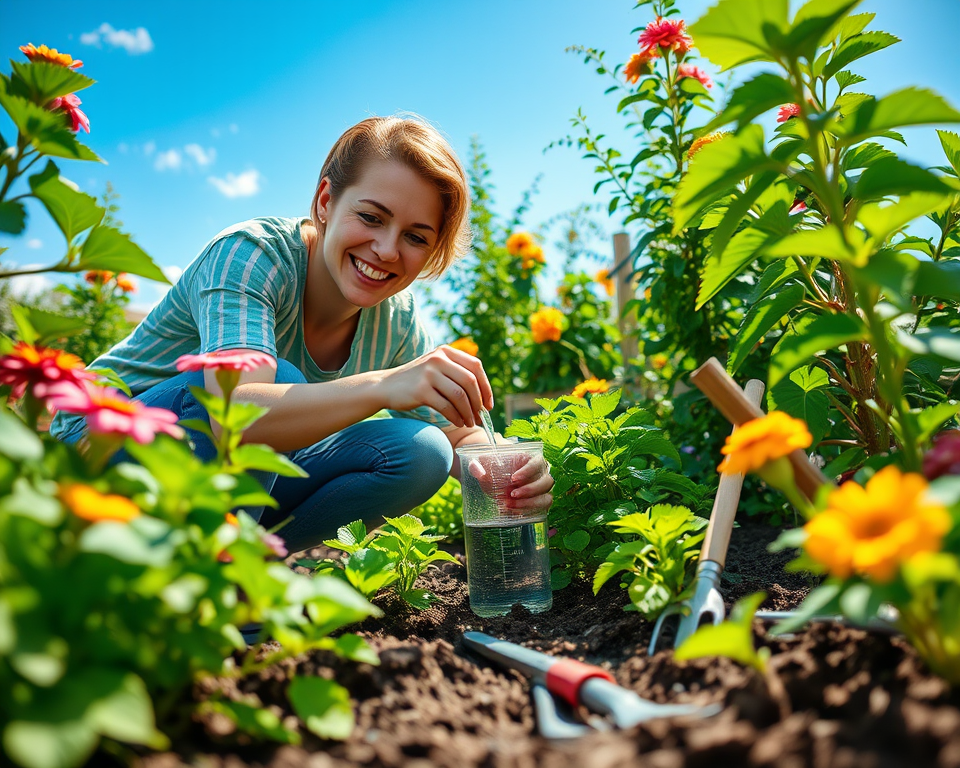Okay, let’s talk about measurements! When you’re gardening, you often need to know how much water to use for your plants. Today, we’re going to learn how to convert liters to quarts.
So, what is a liter? A liter is a unit of volume, which means it tells you how much space something takes up. In gardening, you might see liters when measuring water for your plants.
Now, a quart is another unit of volume. It’s commonly used in the United States and is a bit smaller than a liter. To convert liters to quarts, you can use this simple equation:
$$
\text{Quarts} = \text{Liters} \times 1.056688
$$
For our case, we want to convert 1300 liters to quarts. Let’s do the math together!
Using the equation:
$$
\text{Quarts} = 1300 \times 1.056688
$$
When you calculate that, you get approximately 1373.6944 quarts. That means if you have 1300 liters of water, it’s the same as having about 1373.7 quarts!
Now, let’s look at some objects that could help you visualize how much 1300 liters (or approximately 1373.7 quarts) is. Here are 7 examples of things that equal 1300 liters:
- A large fish tank – A typical big aquarium can hold about 1300 liters of water.
- A jigsaw puzzle box – A giant puzzle made for groups could contain about 1300 liters’ worth of pieces!
- Five bathtubs – If you filled five average bathtubs with water, they would be roughly equal to 1300 liters.
- A small inflatable pool – Many backyard pools hold around this size, perfect for cooling off in the summer!
- A large garden hose – If you stretched a hose filled with water, it could carry about 1300 liters.
- A big backpack – If a backpack could hold water, one that can carry 1300 liters would be tremendously large!
- Ten large garbage cans – If you stacked ten big garbage cans together, it’s about how much 1300 liters would fit.
So, understanding these measurements helps you know how much to water your plants or fill your swimming pool! Remember, when you’re gardening, keeping track of how much water you’re using is super important for healthy plants!
